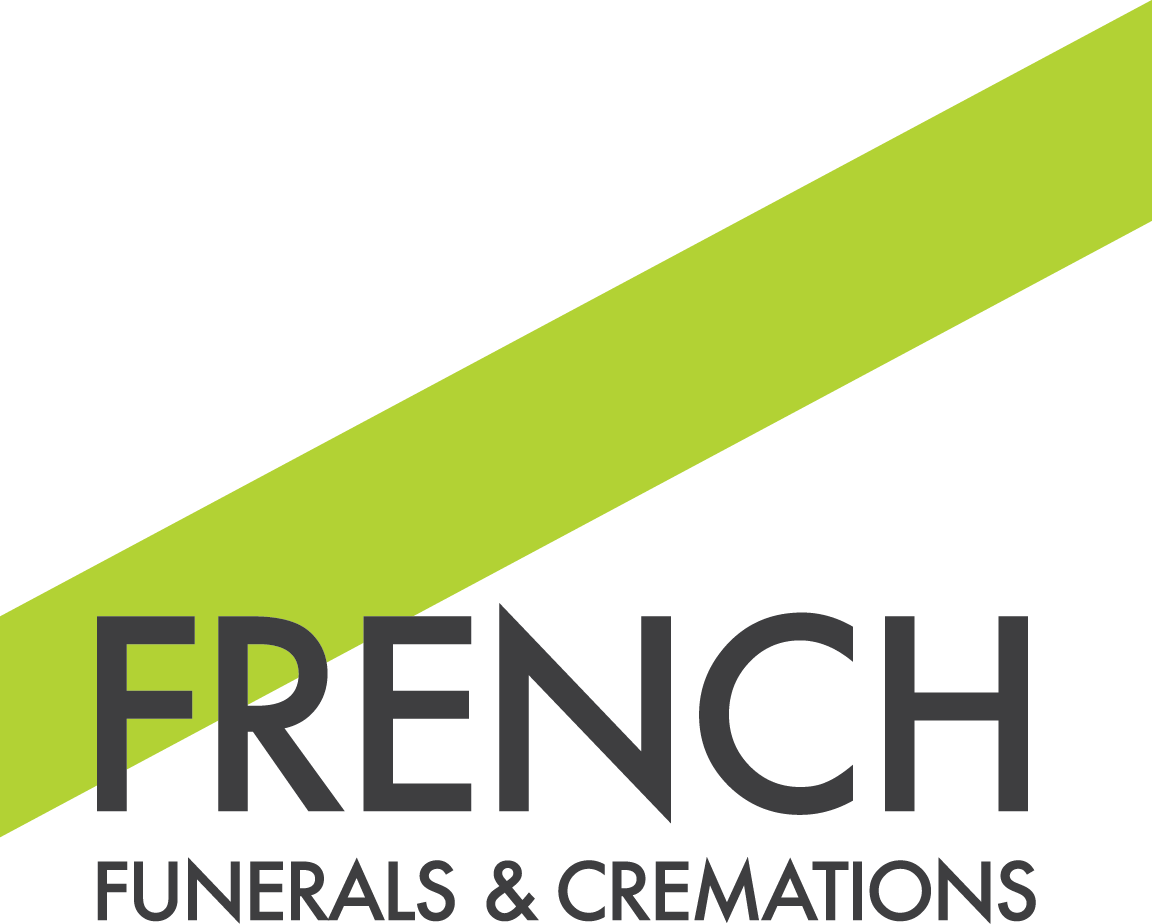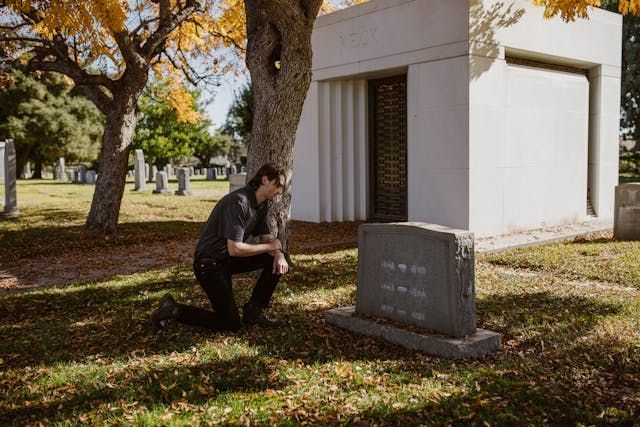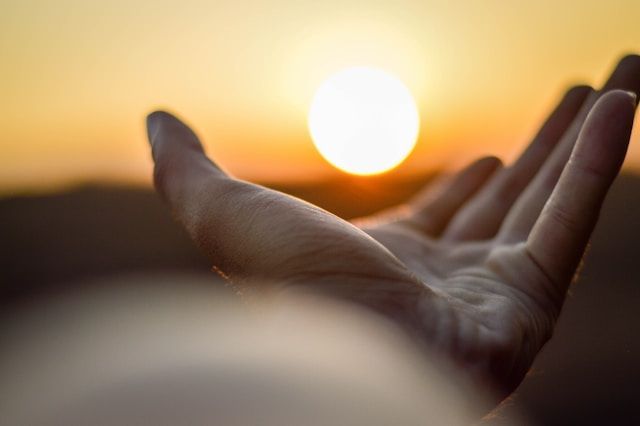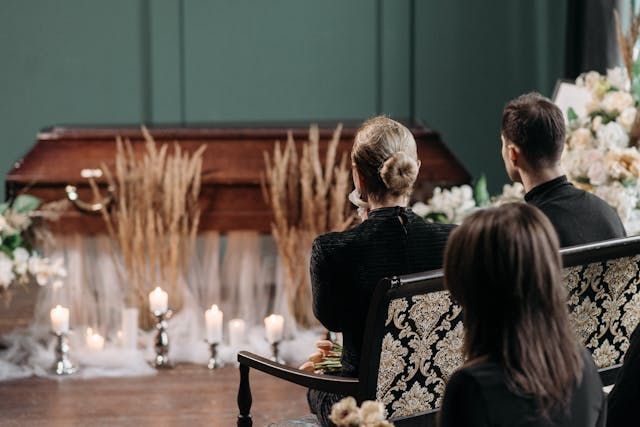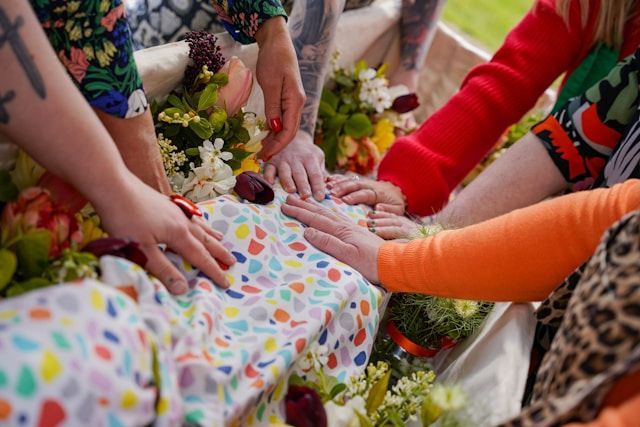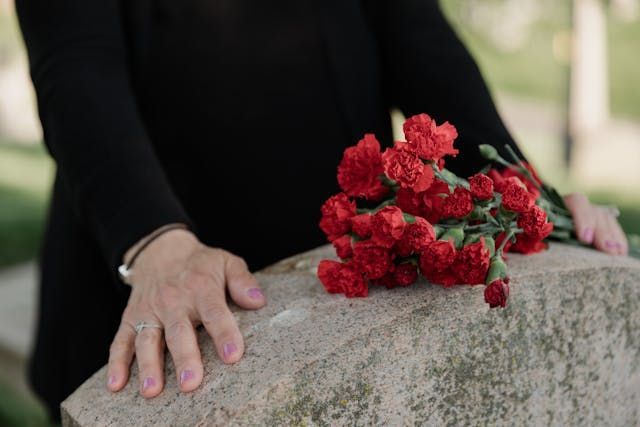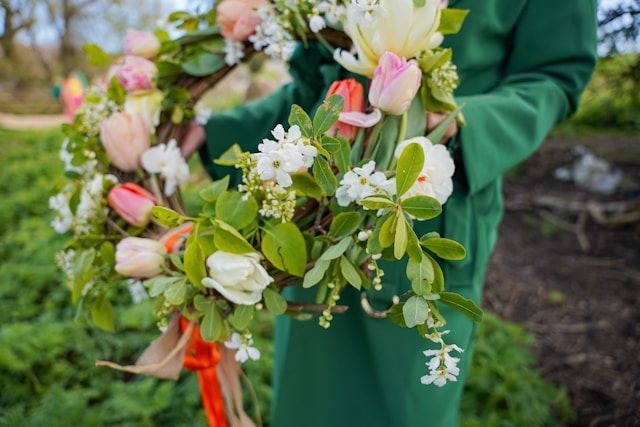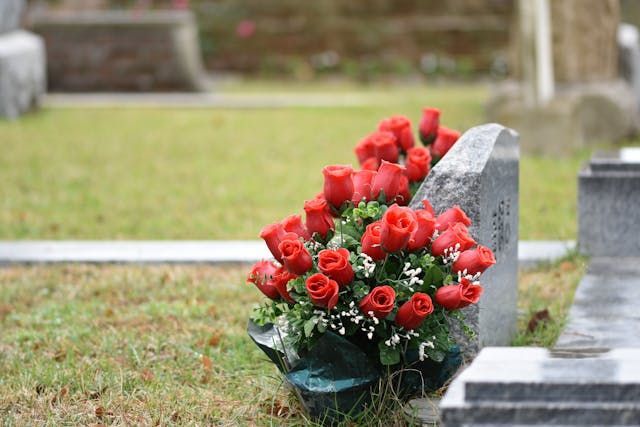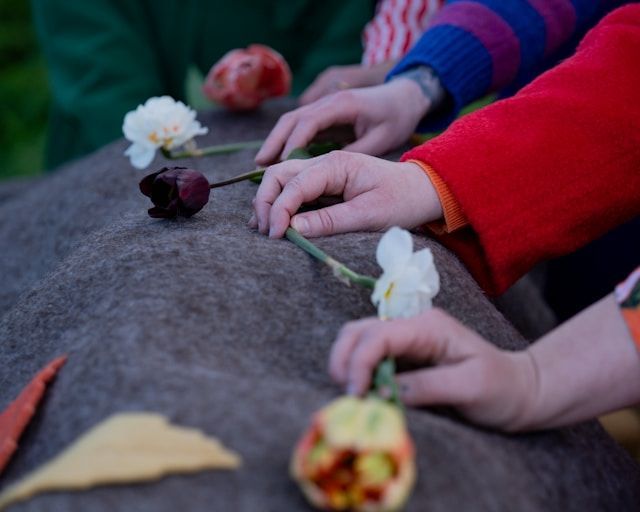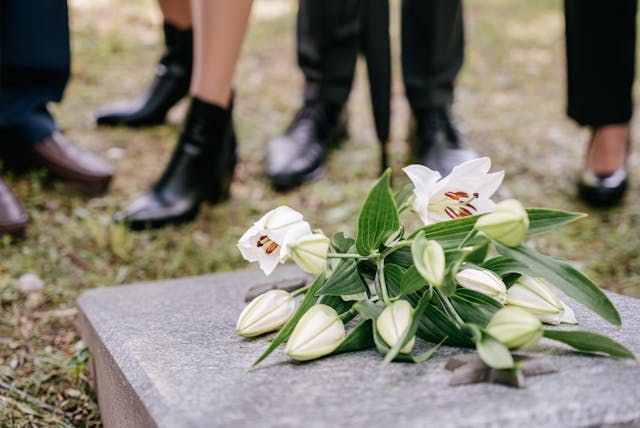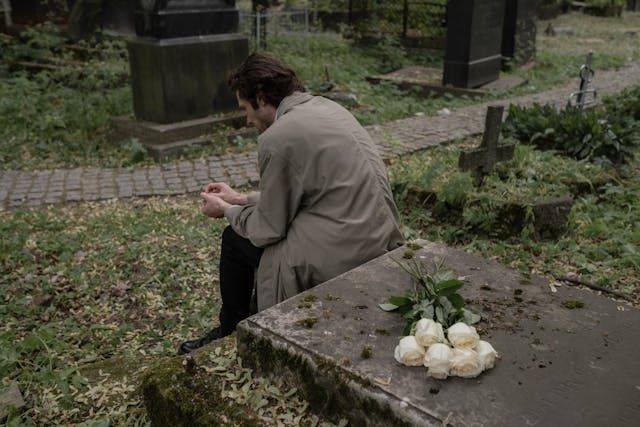Burial or Cremation: Which Should I Choose?
August 1, 2023
Burial or Cremation: Which Should I Choose?
Most people don’t want to think about their own death. But it is worth taking the time to figure out, at a minimum, what you want your family to decide to do with your body when the time comes. It will save them the added burden of trying to figure out what you would have wanted, and any guilt they may feel wondering if they made the right choice. Sometimes just having a conversation with your family can help you make your decision. Speaking to a funeral director is also a helpful way to learn more about your options.
Within the last several years, cremation has surpassed burial as the preferred method of disposition, or the manner in which final arrangements are handled, in the U.S., but that doesn’t necessarily mean it’s right for you. Here are some things to consider when choosing burial or cremation.
FAITH
For some, religion makes the decision for them. Islam, most denominations of Judaism, and up until recently, Catholicism, required that members of their faith be buried. In the Hindu religion, cremation is an important part of their belief in reincarnation. Although atheism has contributed to the rise in cremations, those who don’t adhere to spiritual beliefs can still decide to be buried if they choose. We encourage you to speak to your religious leader to learn more about their rituals around death.
COST
Many people think that cremation is less expensive than burial. While that may be true for the actual cremation service or burial service, it’s not the whole picture. Both methods of disposition require additional items (like an urn, cremation casket, or burial casket, to name a few), license fees, and services to carry out, and each funeral home or cremation company has its own pricing structures. An individual family’s choices surrounding how big, small, simple or elaborate a funeral, memorial service, or celebration of life will ultimately determine the cost of final arrangements.
TYPES OF BURIAL
Burial is burial, right? Actually, there are different options to be considered. For example, should you choose to be embalmed or not? Most states (including New Mexico) almost never mandate embalming, but it may be required for certain types of arrangements: when a public viewing will be held, if a casket is requested to be at the service, or the final resting place is in a mausoleum. There is also the option of a green, or natural, funeral, in which the body is laid to rest in the ground without the use of a wooden or metal casket or vault, in order to allow for natural decomposition. Not all cemeteries are yet equipped for handling green burials, but it is a trend that is on the rise.
What many people also don’t know is that you can be both cremated and buried. After cremation, you may choose to have your ashes buried in a plot in a cemetery. If you prefer to be laid to rest in a family plot, or with or next to your spouse, you can still choose to do so if you choose to be cremated.
SERVICES
Almost any funeral service can take place regardless of whether you choose to be buried or cremated (or both). This includes a viewing, an open casket service, a traditional funeral, a wake or celebration of life, etc. How you say goodbye is important, and shouldn’t impede on your choice of final disposition.
MEMORIALIZATION & SCATTERING
When considering burial or cremation, it’s important to ask yourself if your loved ones would prefer a place to be able to go to in order to honor and remember you. A permanent, physical location can be comforting for decades after you die. Having a permanent memorial doesn’t depend on whether or not you are buried or cremated, but may help dictate the exact place and type of memorialization you and your family prefer.
Scattering is when you disperse cremated remains around an outdoor area or body of water. If you or your family prefer this method of disposition, it’s important to find out whether your preferred location requires permits prior to scattering. It’s also important to note that scattering does not provide a permanent memorial, but that doesn’t mean you can’t create a marker in addition to scattering remains.
TIME
Planning a funeral or memorial service isn’t an easy task, especially when a family is grieving. Cremation allows family members an indefinite amount of time to make the many decisions that come with making final arrangements, while traditional burial provides a finite window.
However, while it can ease some burdens by delaying a funeral after cremation, it is important not to delay it too long. In our decades of experience, we have often witnessed the putting off of a memorial service long after a death and how it can impede a healthy grief process. It can even deter people from planning a final goodbye at all.
We encourage families to plan a gathering not too long after a loved one is cremated, but we strongly believe that a gathering far after a death is better than no gathering at all.
The staff at French are happy to answer any other questions you have about burial and cremation, as well as provide helpful information about the benefits of preplanning your own final arrangements.
